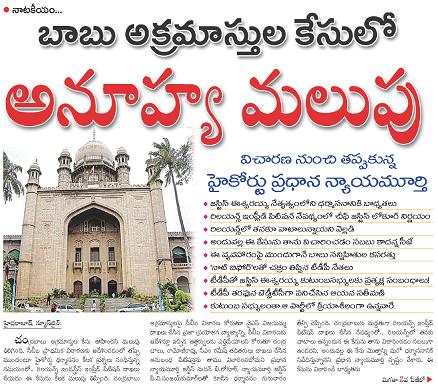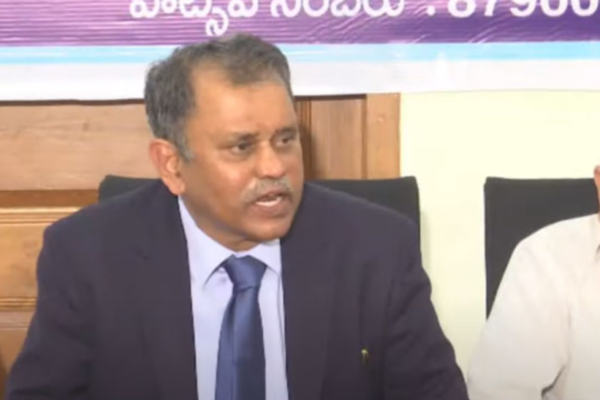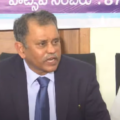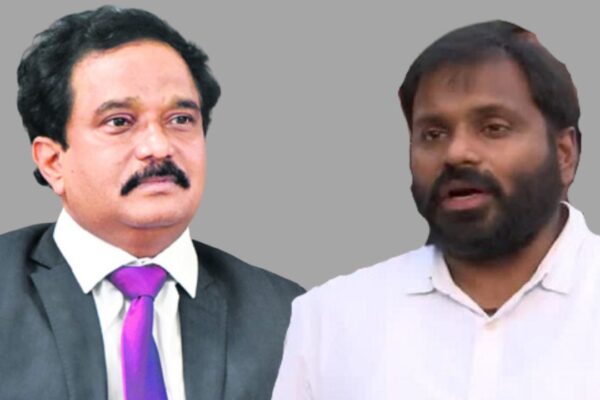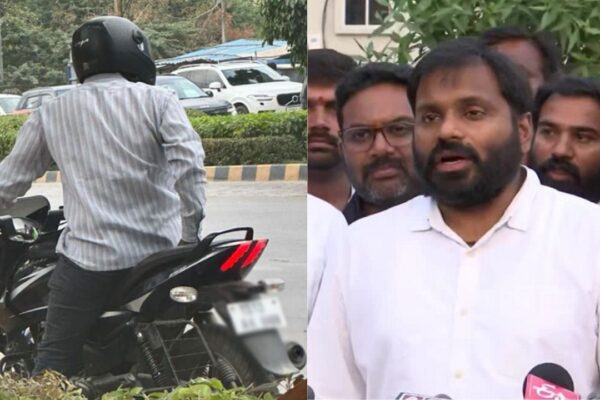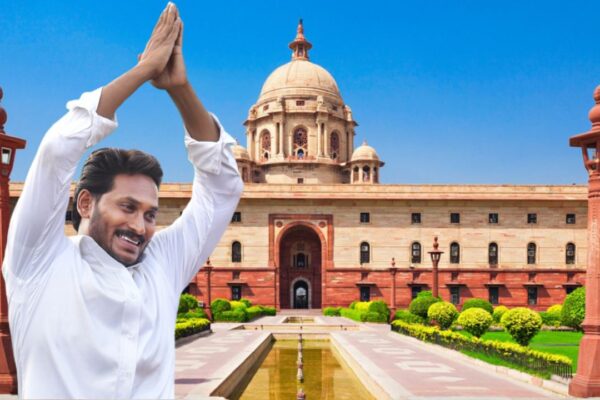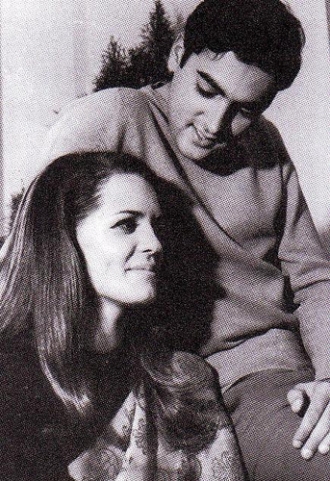
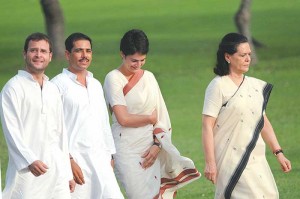 In the 2004 general elections, Gandhi launched a nationwide campaign, criss-crossing the country and campaigning against the BJP-led National Democratic Alliance (NDA) alliance. In the election, she won by a large margin in the Rae Bareilly constituency. Following the unexpected defeat of the NDA, she was widely expected to be the next Prime Minister of India.
In the 2004 general elections, Gandhi launched a nationwide campaign, criss-crossing the country and campaigning against the BJP-led National Democratic Alliance (NDA) alliance. In the election, she won by a large margin in the Rae Bareilly constituency. Following the unexpected defeat of the NDA, she was widely expected to be the next Prime Minister of India.
On 16 May, she was unanimously chosen to lead a 15-party coalition government with the support of the left, which was subsequently named the United Progressive Alliance (UPA).
The defeated NDA protested once against her ‘foreign origin’ and senior NDA leader Sushma Swaraj threatened to shave her head and “sleep on the ground”, among other things, should Sonia become prime minister.
The NDA also claimed that there were legal reasons that barred her from the Prime Minister’s post. They pointed, in particular, to Section 5 of the Indian Citizenship Act of 1955, which they claimed implied ‘reciprocity’. This was contested by others[ and eventually the suits were dismissed by the Supreme Court of India.
A few days after the election, Gandhi appointed Manmohan Singh as prime minister. Her supporters compared it to the old Indian tradition of renunciation, while her opponents attacked it as a political stunt. More

